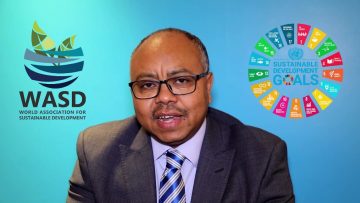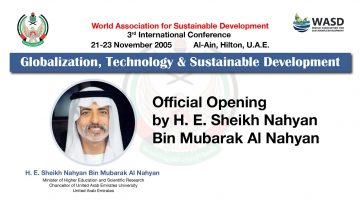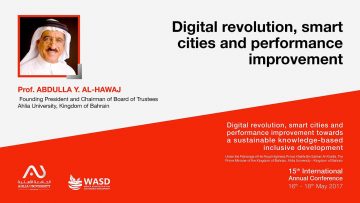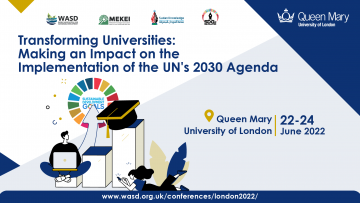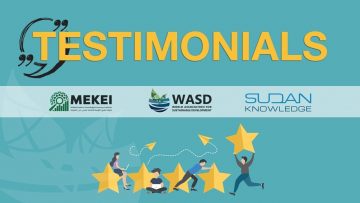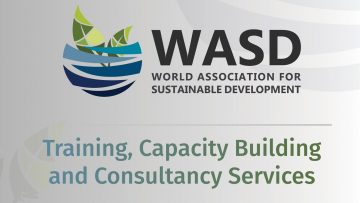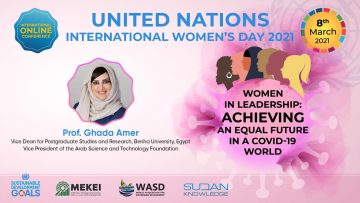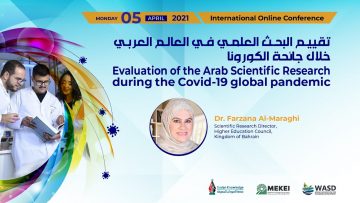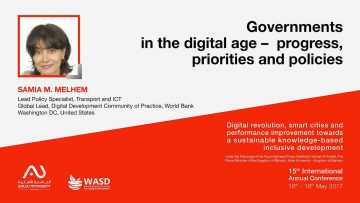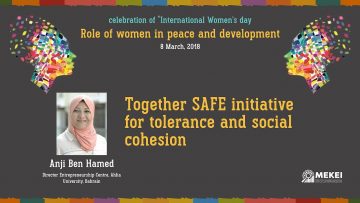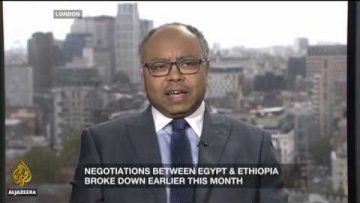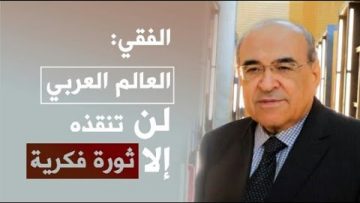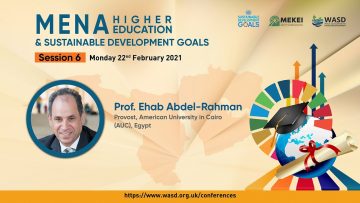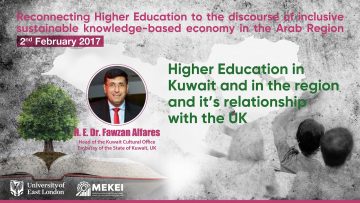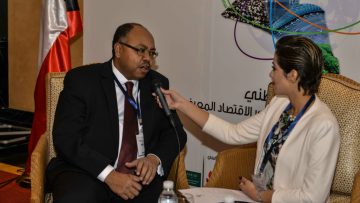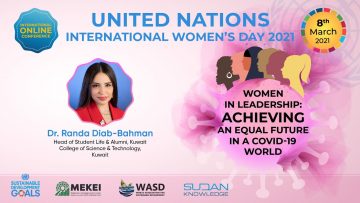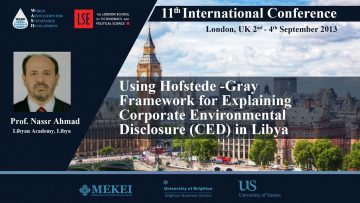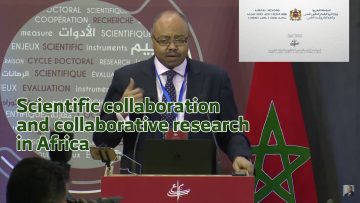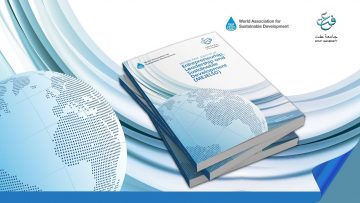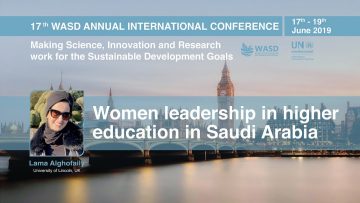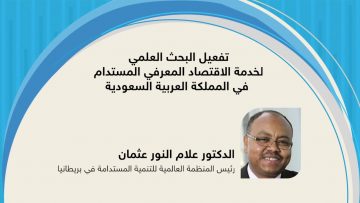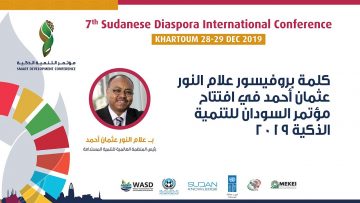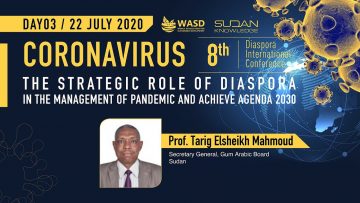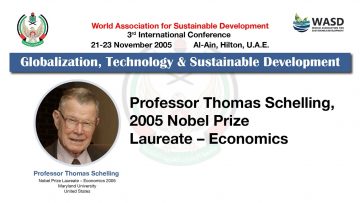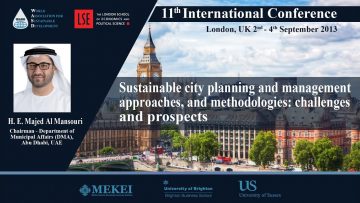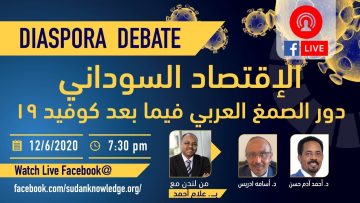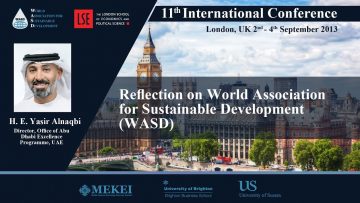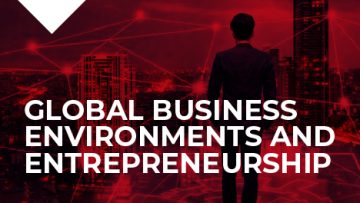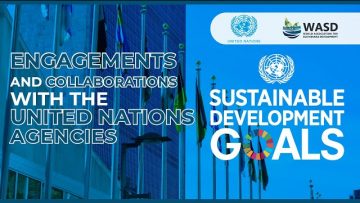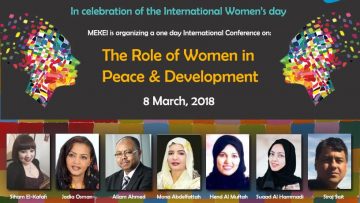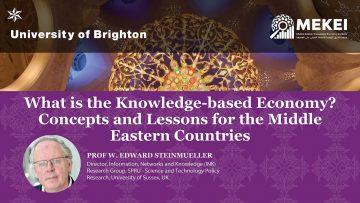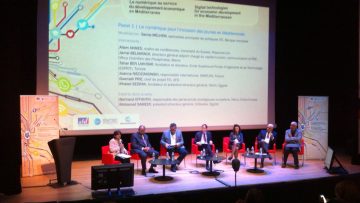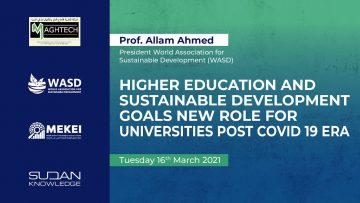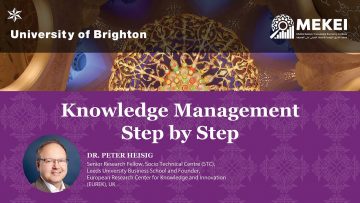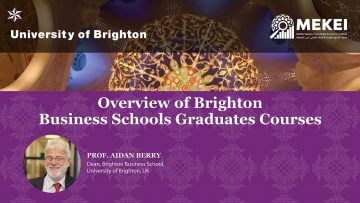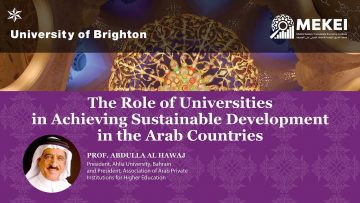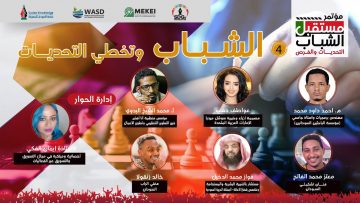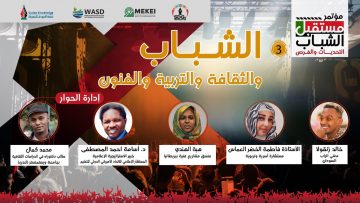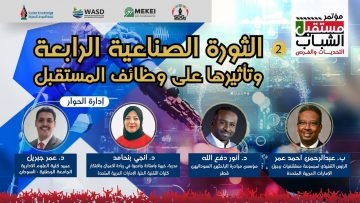Strategic leadership and planning in research institutes towards achieving sustainable knowledge-based economy in Sudan
Two Days Intensive Workshop
30-31 December 2018
Target audience: Research institutes and higher education officials, minsters, undersecretaries, vice chancellors, deans, head of department, academics, researchers, students, youth, NGOs (voluntary) and civil society groups (public).
Focus: Research institutes, higher education, universities, colleges, knowledge-based economy and Sustainable Development Goals (SDGs)
This two-day workshop has been designed to introduce a variety of perspectives on strategic leadership and planning in research institution. The theme of this two-days’ workshop is to strengthening the important role of scientific research for the achievement of the 17 Sustainable Development Goals (SDGs) of the 2030 Agenda for Sustainable Development (SD) and more specifically we will discuss the critical role and the future of Sudan research institutes towards achieving the a sustainable knowledge-based inclusive development in Sudan. Managing science, technology and innovation (STI) and improving people’s capability to increase human and social capital, are the success factors that seem to become the most crucial in competition between nations.
At the end of the workshop attendees should be able to acquire a comprehensive knowledge and practical experience about leadership styles and approaches in alignment with the local needs and capabilities. Moreover, after competition of the workshop, attendees to write a report, supported by the tutor, of what they have learnt and what is particularly relevant to their employers. A focus to be one aspect of the workshop which has implications for the way they will improve their professional practice when they return to their employers. This will help reassure the employers of the benefits of the programme and help consolidate the understanding of the manager.
The key objectives of the workshop are:
- This integrative workshop aims to develop a deeper understanding of the theoretical and practical aspects to leadership within research institutes, and to develop the essential skills and competencies necessary to plan, monitor and control different tasks and events.
- Develop an understanding of the different approaches to leadership and management to ensure national research institutes are at peace with themselves.
- How research institutes can reposition and rebrand themselves as an excellent provider of transformative research, achieve national and international recognition.
- How research institutes can handle effectively the changing expectations of research users; increased competition in the sector; reduction in income; changing technology and other issues.
- This workshop will also complement the different management skills already developed through earlier other (if any) management training and courses.
- How to ensure research institutes are confident about their future.
- In addition, participants will have insight into: critical analysis; interactive and team working; creativity; and problem solving.
Theme
The problematique of managing STI for SD is strongly influenced by the institutional culture in which international discussions have taken place. Successful management of STI requires developing new methods and approaches to suit the challenges and opportunities of this new era of digital revolution and knowledge-based sustainable economy. These new approaches call for actions to create different appropriate ways of doing things and of doing new things that will be essential to solve our future problems and help in the implementation of SDGs. Systematic search for opportunities is important for helping to ameliorate the many problems facing Sudan and the globe. We must therefore produce, consume and organise ourselves differently.
Since the Rio summit in 1992, SD is becoming increasingly a major concern for both Developed and Developing Countries (DCs). Yet, translating the principles of SD into effective economic and environmental policies seems to be a major challenge for all countries. Knowledge is a prerequisite for achieving SD, chief currency and the essence of modern age. Knowledge is also considered as a strategic resource and a lifeline for all countries’ SD. The concept “Knowledge Economy (KE)” is currently utilised to describe an economy that creates, disseminates, and uses knowledge to enhance its growth and development. According to the World Bank, a successful KE is characterized by close links between academic science and industrial technology, empowered by increased education and lifelong learning, and greater investment in intangibles such as Research and Development (R&D) and software. It places greater importance on innovation for economic growth and competitiveness.
Moreover, the World Bank’s recommendation in 1998 for all countries particularly those economies heavily dependent on oil to embark on the diversification of their economic resources such as approaching development from a Knowledge Management (KM) perspective by adapting policies to increase know how and knowledge attributes that can improve people’s lives in myriad ways. How can technology and knowledge contribute and enhance SD? This is the main issue which will be addressed during the talk. Based on the assumption that technology must be widely used and freely accessible to have an impact, knowledge systems and knowledge economy seem to open up new and varied avenues to be explored in the direction of sustainability. The workshop aims at showing the difficulty in attaining SD for many countries particularly in Sub-Saharan African with a weak technological and knowledge base. It deals first with the issue of knowledge systems and knowledge economy and their links with sustainability from a conceptual point of view. It highlights the specific situation of many countries stressing the difficulties they meet in this respect and shows how technological capabilities are highly correlated with levels of sustainability using knowledge and sustainability indexes.
DAY ONE
- Arrival refreshment and registration.
- Welcome and overview.
- Understanding the problems in managing research institutes (digital native engagement).
- Strategic leadership and planning in research institutes (leadership skills and tactics).
- Aspects of transforming research.
- Discussion and reflection.
DAY TWO
- Arrival Refreshment and reflection on day one.
- Role of scientific research in KE in the 21st century.
- Making research work for the future sustainable KE in Sudan.
- Challenges and opportunities for reconnecting Sudan research institutions to Agenda 2030.
- Discussion and reflection.
- Concluding remarks
Benefit for Participants
- It is a great opportunity for participants to gain knowledge on the role of research institutes in the 21st century.
- Providing training and educational opportunities for participants.
- Offering networking opportunities for participants and businesses.
- Meeting with professional international keynote speakers.
- Meeting with professionals who are considering careers in research institutions.
- Motivating participants to armaments science.
- Explore all the opportunities available at SK for your researchers, students and staff.
Benefits for Employers
- Enhance relationship with different research institutes.
- Meeting with participants.
- Raising institutional image, profile, awareness, and market exposure for the future funding and partnerships.
- Post event publicity through social media marketing, bulletins and word of mouth.
- The opportunity for research institutes to showcase their role in community service.
- Explore all the opportunities available at SK for covering any research gaps in research institutes and see how to use SK Expert Directory to access Sudanese researchers in the diaspora.
Target participants
- The workshop covers materials for all levels from supervisory through to senior level.
- Research institutes officials: minsters, undersecretaries, head of department, etc.
- Academics and researchers.
- Students, youth, NGOs (voluntary) and civil society groups (public).
- Professionals, businesses and other stakeholders particularly the private sector managers responsible for leading change and transformation efforts .
- Managers and directors responsible for transformation, projects, programmes, knowledge, innovation or change management.
- Experienced managers who have significant futures oriented management responsibilities, and who are interested in reflecting on their own experience and discovering new ideas.
Hosts
World Association for Sustainable Development (WASD), UK
University of East London, UK
Middle Eastern Knowledge Economy Institute (MEKEI), UK
Sudan Knowledge (SK), UK
Venue and Registration
ALL participants must register in advance to attend the workshop, to register please contact the workshop coordinator Reem Elhussien (wasdcommunication@gmail.com and mobile: 0907775122) if you are interested to take part in the workshop and to pre-book your place. Included in the course fee, the following learning materials will be provided:
- All overhead slides/transparencies.
- Case studies (print and video) used on the course.
- Certificate of attendance.




